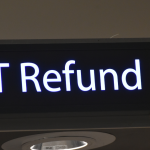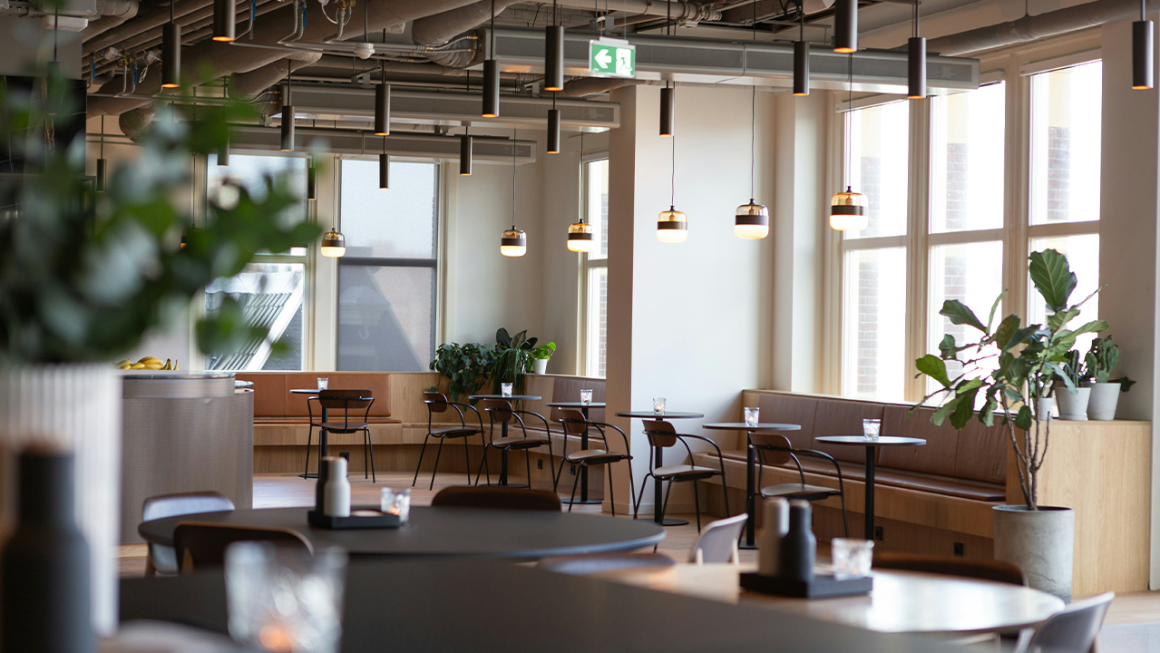The idea of coworking isn’t new, but the reasons for opening one just keep getting better. So much so that more people in Cebu are catching on to this trend.
While trends often come and go, coworking isn’t likely to go away soon. The evidence is in the growing number of these alternative work spaces popping up in the metro.
Thinking about opening your own coworking space? Here are seven good reasons why it’s a worthwhile venture:
1. You’re investing in the future of work
Online jobs generally offer flexible work hours, exciting career growth opportunities, and better compensation than traditional office jobs in the country. No wonder it’s become increasingly popular among Filipinos to take up online jobs as either a full-time occupation or a side hustle.
Needless to say, the local community of online freelancers, virtual employees, bloggers, photographers, and digital nomads is growing.
Many Cebuanos are part of this ‘gig’ economy. For this new breed of workers, home is the best place to work. That is, until coworking spaces enter the picture. Because even the most motivated worker or the most passionate entrepreneur is not immune to distractions at home.
Coworking hubs combine the ease of working at home and the work structure of an office. This formula proves effective in keeping the creativity and productivity going. The potential for collaboration and networking is another major incentive.
High-speed internet connection is arguably the top reason people patronize coworking spaces. Even if coffee shops and hotels offer free Wi-Fi access, a stable connection is not always guaranteed.
2. You’re helping the local economy
Cebu is a prime hub for BPO companies, which employed around 160,000 of the local workforce at the end of 2018. This number went up by 19% from January to May this year and is expected to rise in the coming years. IT-BPO remains one of the city’s ‘sunshine’ industries. It goes without saying that the BPO sector is one of the major drivers of the city’s economy.
This sector’s growth is driving demand for office space and virtual staff requirements. In fact, Cebu has registered the third-highest office demand in the country, posting 133,000 sq.m. as of December 2018. Cebu’s IT Park is notably expanding to accommodate more BPO firms.
Depending on the size of their team, many of these companies rent shared offices, serviced offices, and private offices in coworking hubs. These are often a more viable option because they are centrally located and cheaper to rent than a full-sized commercial space.
Read Next: Workplace Cafe Mactan: Coworking in LLC Just Got Better!
3. Supporting local startups
The Philippines’ startup ecosystem ranks 54th out of 100 countries all around the world. Based on city rankings, Cebu takes the 293rd place out of 1,000 cities worldwide.
In the early days of a company, rent is a major overhead cost that can cripple your business. Coworking spaces provide much-needed space for startups at a fraction of the cost. They also provide opportunities for business owners to meet potential investors and mentors.
Coworking also eliminates the need to invest in office equipment. Most hubs already have the basic amenities of a corporate office. Moreover, space management and maintenance become one less thing for business owners to take care of.
Coworking spaces also lend a more upscale image for founders. If your early office isn’t such a nice place to invite customers over, you can rent a private desk or a meeting room for a day for client appointments.
With the digital revolution, almost all businesses are concerned with new technologies. By equipping your space with software and digital services, you can satisfy their need for connectivity and innovative tools.
All of these help startups to focus on building their ideas and growing their business.
4. Making money as a business
For many coworking space owners, the business is about helping people as much as turning a profit. But is it actually profitable? The short answer is yes. But like any other business, the profitability of a coworking space depends on how well you cater to the needs of your target market.
According to a DeskMag report, 90% of all coworking spaces are profitable if they meet these three conditions:
- they have more than 200 members;
- their operation isn’t subsidized through other businesses.
The same report revealed that profitable spaces generate the bulk of their revenue from renting out private (team) offices (37%) – even higher than the revenue generated from renting out desks and membership plans combined (34%).
Other than those, coworking spaces make extra revenue from amenities fees for Skype rooms, video call cabins, printing/scanning machines, individual lockers, etc.
Other factors that increase the success of a coworking space are location and floor optimization. Ideally, your hub should be easily accessible. Convenience is a hallmark of the business. In Cebu, most coworking hubs can be found right smack in business districts and busy commercial centers.
Optimizing the space depends on who your main clientele are. For small teams and startups, you will need a good number of dedicated desks and private offices with concierge services. The Company is an example for this model. For freelancers and students, you can go with an open layout with one or two meeting rooms—what The Workplace Cafe is doing. If you want to appeal to a wider market, it’s a good idea to diversify your offerings, i.e. work spaces, services, membership options
5. Recouping the cost of a too-big office
Are you renting an office but aren’t fully maximising the space? Consider turning it into a shared office. An increasing number of companies are joining the coworking movement.
By offering a portion of your office space to external teams and other business owners, you can recoup a portion of your lease. You can be as flexible as you like in terms of membership plans, rental cost, and space options.
Here’s why coworking works for many companies:
- Lease requirements are typically renewable on a month-to-month basis, with no year-long commitment.
- There are no upfront fees or deposits, so business founders are able to keep their costs down.
- Companies can choose to rent hot seats, private desks, or a private office.
- Scaling up or down can be done fairly quickly. So companies can tailor their space use to the growth of their team.
- Access to key players and partnerships.
As the main tenant, you can set the rules to minimize distractions to your own team and create a culture where all tenants will thrive.
6. Uplifting the well-being of workers
Coworkers expect to be in the best working conditions. As opposed to a typical office setting, coworking spaces allows workers to concentrate and relax at the same time. With 24/7 reception, coworkers can hustle at their own pace and time. Many hubs also have areas for quick naps and meditation.
Compared to home-based workers, co-workers are happier because they are able to socialize with their peers. A sense of belonging is an intrinsic human need. Fulfilling this need makes people happier and physically healthier, which in turn makes them more productive.
7. Connecting with visitors for company purposes
The global workforce has become increasingly mobile. People travel often for conferences, client meetings, and company events. And Cebu is often a go-to destination for these activities.
Those who travel to Cebu for a day may find themselves dealing with a short layover until the flight home. If you travel for work frequently, you understand how challenging it is to work out of hotels and coffee shops. For that very reason, many transient workers are turning to coworking spaces.
Why would you want to connect with those? Yes, it’s nice to meet new people but … what’s the business of that? It turns out that you may be regularly looking for freelancers to help you or other businesses you know. A coworking space as a hub then can be a smart business move. That’s part of what drove ACX to open it’s coworking space.
Worklab opened their doors for a similar reason: Catering to students, they intend to add TESDA job training in the future—with potential customers coming in every day.
Coworking is a game changer. From a business perspective, it’s worth the investment since you’ll make money while helping the community.
About the author
Hey, it’s Chenzi! A writer made in Cebu. Stringing words is my bread and butter, but baking and mothering my 3-year-old are what feed my soul. I have an insatiable thirst for learning.













